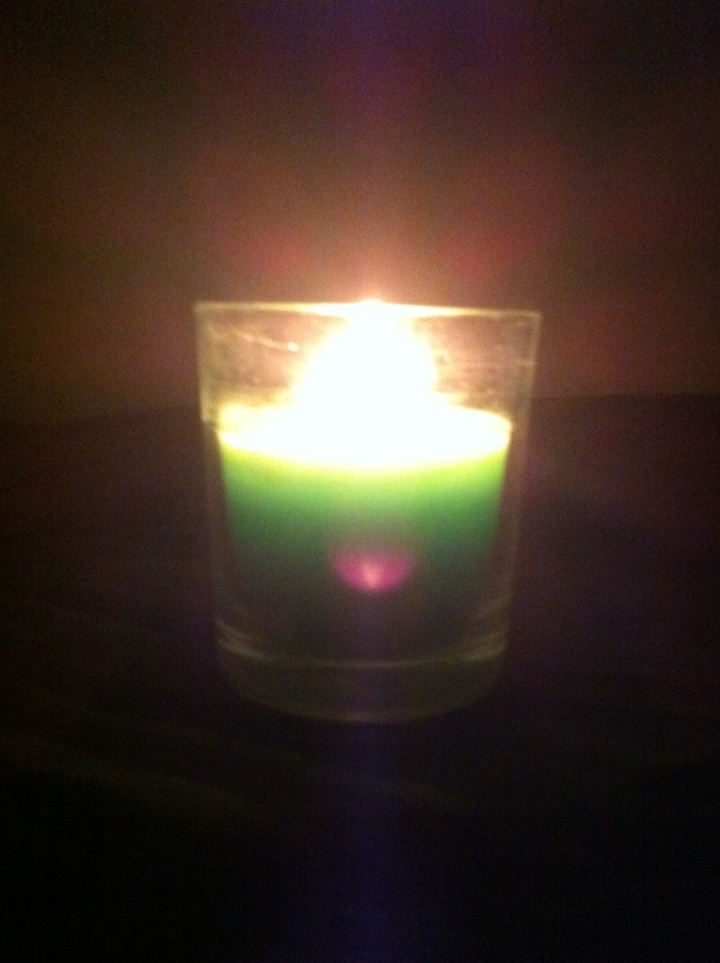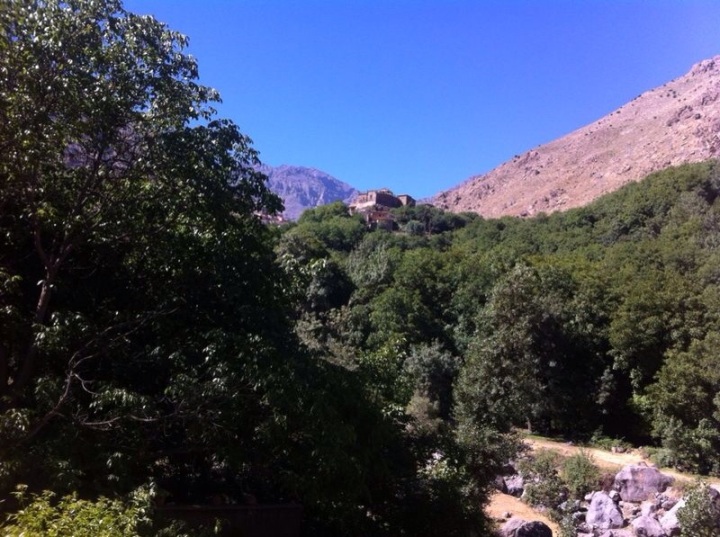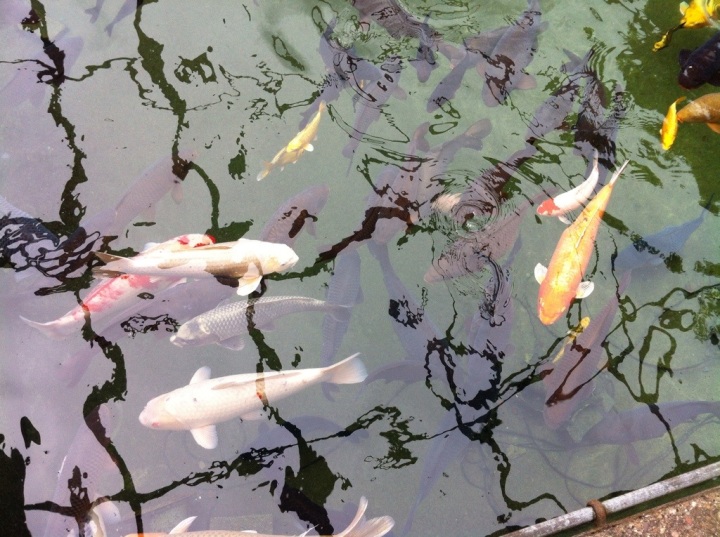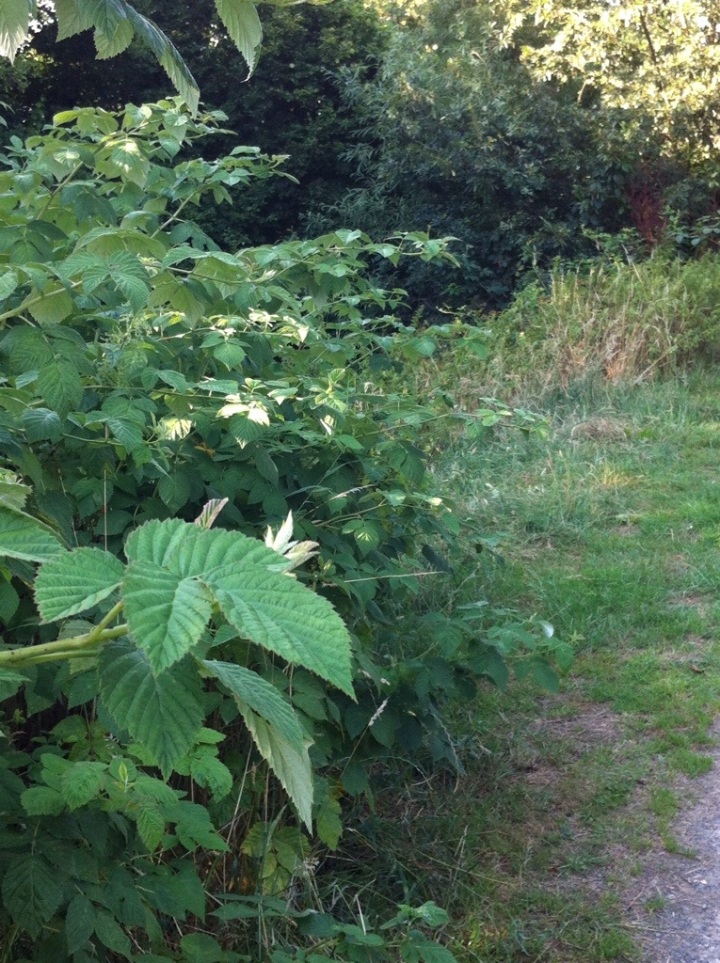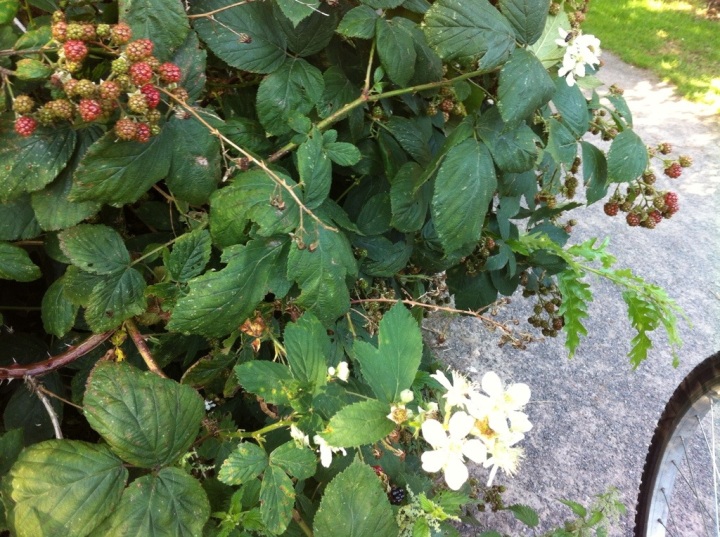Harry Patch was the last combat veteran of World War One to die. It wasn’t until he was 100 that he could speak about the war. Today is the 100th anniversary of the British declaration of that war. It was not, as declared, the war to end all wars. But it should have been.
For the past weeks the world has been watching stories of conflict. Tales from Israel and Gaza are all around us. People there are speaking.
“Others were just blown to pieces…it wasn’t a case of seeing them with a nice bullet hole in their tunic, far from it, and there I was, only 19 years old. I felt sick.” Harry Patch
“I will always remember the day it started, this war, as some people call it. For me, it is not a war; it is just bombing of Gaza. I thank God every day because I’m not afraid of these bombings but, to be honest, on the second night of the “war”, I stayed awake the whole night thinking about images of people and children who had died, or lost their homes. I kept thinking sad things about them, and wondering, “What if this war lasts for a longer time? What if my house is bombed like the others? What will I do? Will I cry or will I become mad?” Nadeen, www.voicesofgaza.com
“I felt then, as I feel now, that the politicians who took us to war should have been given the guns and told to settle their differences themselves, instead of organising nothing better than legalised mass murder”. Harry Patch
“Excuse me, World! I stopped believing you and calling out to you to stop the killing of my people for all you will do is send some money after it is too late; as if money can compensate the sorrow, the pain, the hurt and the lost of beloved ones. Excuse me, World! I don’t want to listen to you demanding from us to stay calm and humbly accept the mass murder of our people – I haven’t been listening to you since I sat there seeing an F16 rocket kill another sleeping house in the middle of the night.” Asma, www.voicesofgaza.com
“It wasn’t worth it. No war is worth it. No war is worth the loss of a couple of lives let alone thousands. T’isn’t worth it … the First World War, if you boil it down, what was it? Nothing but a family row. That’s what caused it. The Second World War – Hitler wanted to govern Europe, nothing to it. I would have taken the Kaiser, his son, Hitler and the people on his side … and bloody shot them. Out the way and saved millions of lives. T’isn’t worth it.” Harry Patch
“I myself didn’t shoot, my friend shot and killed him. And basically you think, you see in the United States there’s the death penalty, for every death sentence there are like a thousand appeals and convictions, and they take it very seriously, and there are judges and learned people, and there are protests and whatever. And here a 26-year-old guy, my company commander, sentenced an unarmed man to death.” Anonymous Israeli soldier, Breaking the Silence
“For eighty years I’ve never watched a war film, I never spoke of it, not to my wife. For six years, I’ve been here [in the nursing home]. Six years it’s been nothing but World War One. As I say, World War One is history, it isn’t news. Forget it.” Harry Patch
“I keep the boys inside the house all the time. I can’t even let them go out into the backyard or to the rooftop. I’m doing my best to keep them away from this insanity, but how can I when it’s everywhere?! I wish I could cover their ears so they wouldn’t hear the sound of bombing. I feel like I’m dying, as I see the fear in their eyes.” Ghadeer, www.voicesofgaza.com
“It’s a situation, totally insane, you’re in it, it’s hard to explain. You’re looking through the binoculars and searching for someone to kill. That’s what you want to do. And you want to kill him. But do you want to kill him? But that’s your job.
“And you’re still looking through the binoculars and you’re starting to get confused. Do I want to? Don’t I want to? Maybe I actually want them to miss.” Avner Gvaryahu, Breaking the Silence
“All those lives lost for a war finished over a table. Now what is the sense in that?” Harry Patch